
Intrauterine insemination (IUI) also known as artificial insemination, is a simple treatment procedure in which healthy sperms are washed, concentrated and injected directly into a woman’s uterus during the time of ovulation.

In vitro fertilization is a process of fertilization by extracting eggs, collecting semen sample and then combining eggs and sperm in a dish. The resultant embryos formed is transferred to the uterus.

It refers to technique of injecting a single sperm into the egg in the ivf laboratory. In icsi, the embyrologist can select sperms based on appearance and motility.

It is also called donor assisted reproduction. In this either egg or sperms or embryo is provided by a third party or donor.

These are the sperm retrieval techniques. It is applicable where sperms are not present in the ejaculate condition
caller azoospermia.

Hysteroscopy and laparoscopy is a very good tool for diagnosis and treatment of Fertility issues.
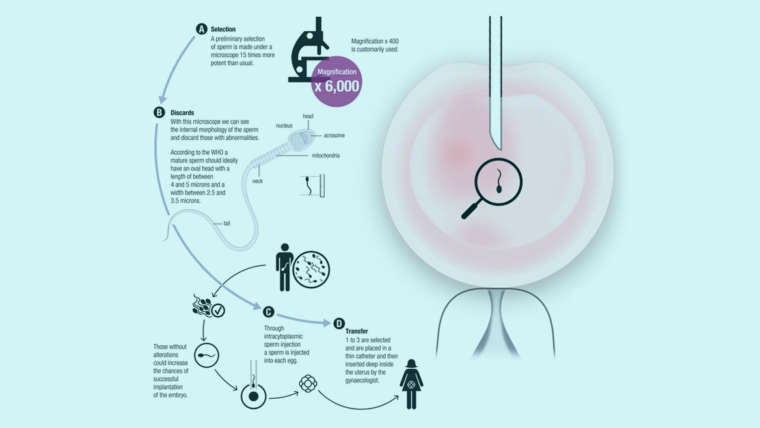
This techniques magnifies the sperm around 6000 times to detect the structural Abnormalities. It is also a sperm selection technique called intracytoplasmic morphologically.
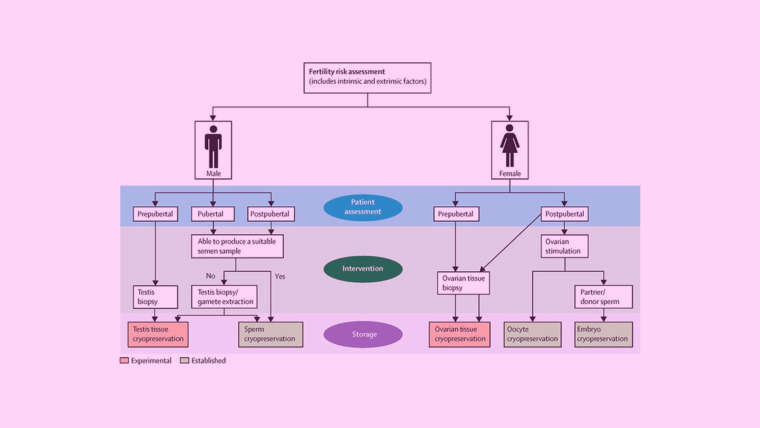
It is a process in which eggs and sperms can be preserved with intention to have children in future. It can be offered to the person who are about to be treated for cancer and will need chemotherapy or radiotherapy.
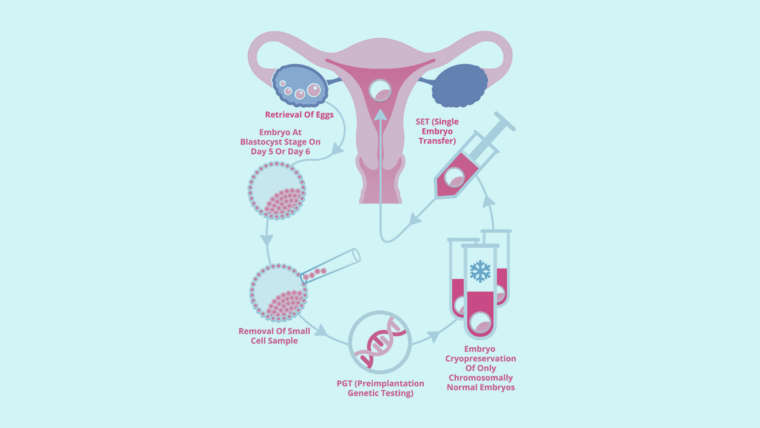
In Preimplantation genetic testing all the chromosomes are checked to see if they are normal.PGT helps to select the embryos carrying healthy chromosomes number after embryos are formed after ICSI .
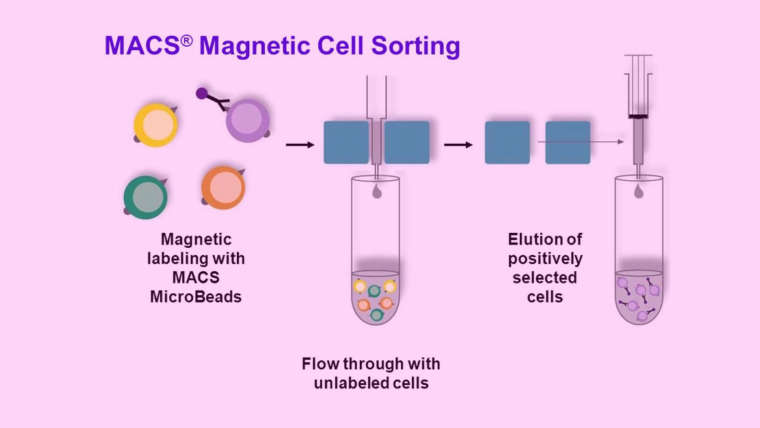
It is one of the sperm selection techniqes. It is called magnetic cell sorting system . It allows the healthy sperms to be separated from damaged sperms and can help in improving pregnancy rate.
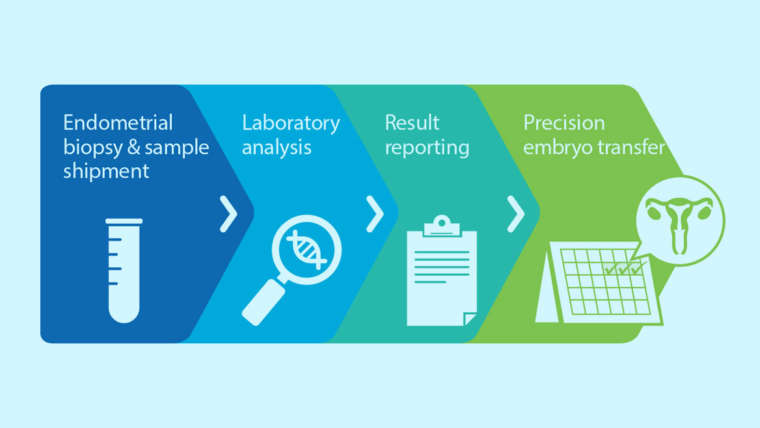
This test helps in determining window of implantation. It helps by guiding to find the best day for embryo transfer. It is done by taking a sample of endometrial tissue and checking the receptivity Indication Recurrent implantation failure.

Generally, a couple should see a specialist if they have been trying for pregnancy for more than one year.
If a woman is 35 years or above the consultation should be after 6 months of trying for pregnancy. In case women has very painful periods, delayed periods, has undergone pelvic surgery, history of pelvic inflammatory disease, family history of early menopause or primary ovarian insufficiency, consultation should be earlier.
Similarly for male partners who have prior health problems that decrease the sperm count and motility and thus decrease the chance of fertility. These couple should seek evaluation sooner.
After consultation they need to be proactive and get the appropriate treatment.